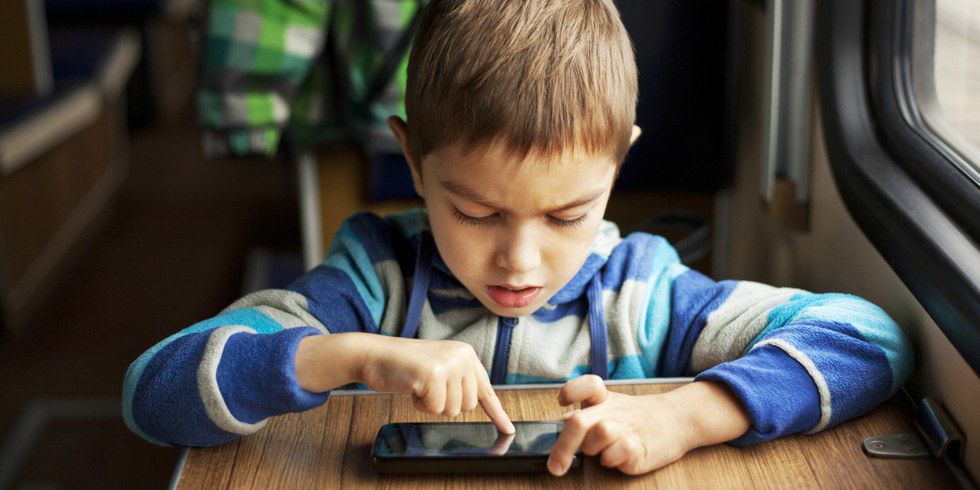"Hey mom, what was your childhood like?"
"Well we always played in the creek behind the house, we would go out in the neighborhood after school until dinner time, and Uncle Ryon and Aunt Elynn always did puppet shows through the pantry".
Technology has taken over the adolescent world. At this point in time, it is more common to see a kindergartener on an iPhone rather than playing with a Barbie doll. Parents may think, "Oh well she is playing an educational game on an app, right", but each time she plays that game the child will try to memorize the answers rather than learn them.
Technology is advancing every day. New technology creates new opportunity. When looking at the effects on children, the advances may not be in their favor. Growing up in an age with all handheld technological devices, this could explain the "ADHD epidemic".
It is more common now than it used to be to be diagnosed with ADHD. It is not even teenagers being diagnosed, but younger kids as well. If younger kids are prescribed medication for their "attention disorder", maybe it is because of the technology they have at their finger tips? So many distractions are created from the use of technology in the younger, newer generation. New games to play, new TV shows to watch, all distracting them for communicating with others.
Not only adolescents, but teenagers and young adults struggle with the memory piece as well. When studying for an exam or doing homework, if all focus is geared toward the work without any distractions, an individual can remember up to seven pieces of information in their working memory, which is "short term memory concerned with immediate conscious processing". On the other hand, when doing work with an electronic device one can only remember at most three pieces of information in their working memory. That's crazy huh? So remember this if you have an exam coming up.
Make believe play is a big portion of a child's development. These crucial years in children's life are being interrupted by technological distractions. This part of the brain is not being stimulated in some children. Make believe play allows children to place themselves in different real life roles. Playing school, house, firefighter, these all allow the child to have an imagination and apply what they are doing in their future lives. Technology causes a decrease in the stimulation of this part of the brain. I'm sure all parents want their child to develop fully, well technology is preventing that.
Living in the now it is hard to imagine the long-term effects of technology on our society as a whole. We could possibly have a higher rate in poor eyesight, or even more of an increase in diagnosed ADHD, possibly obesity, and definitely dependency. Make sure to think about this the next time you are in public and see a child on an iPhone rather than playing with the other kids in the park.























